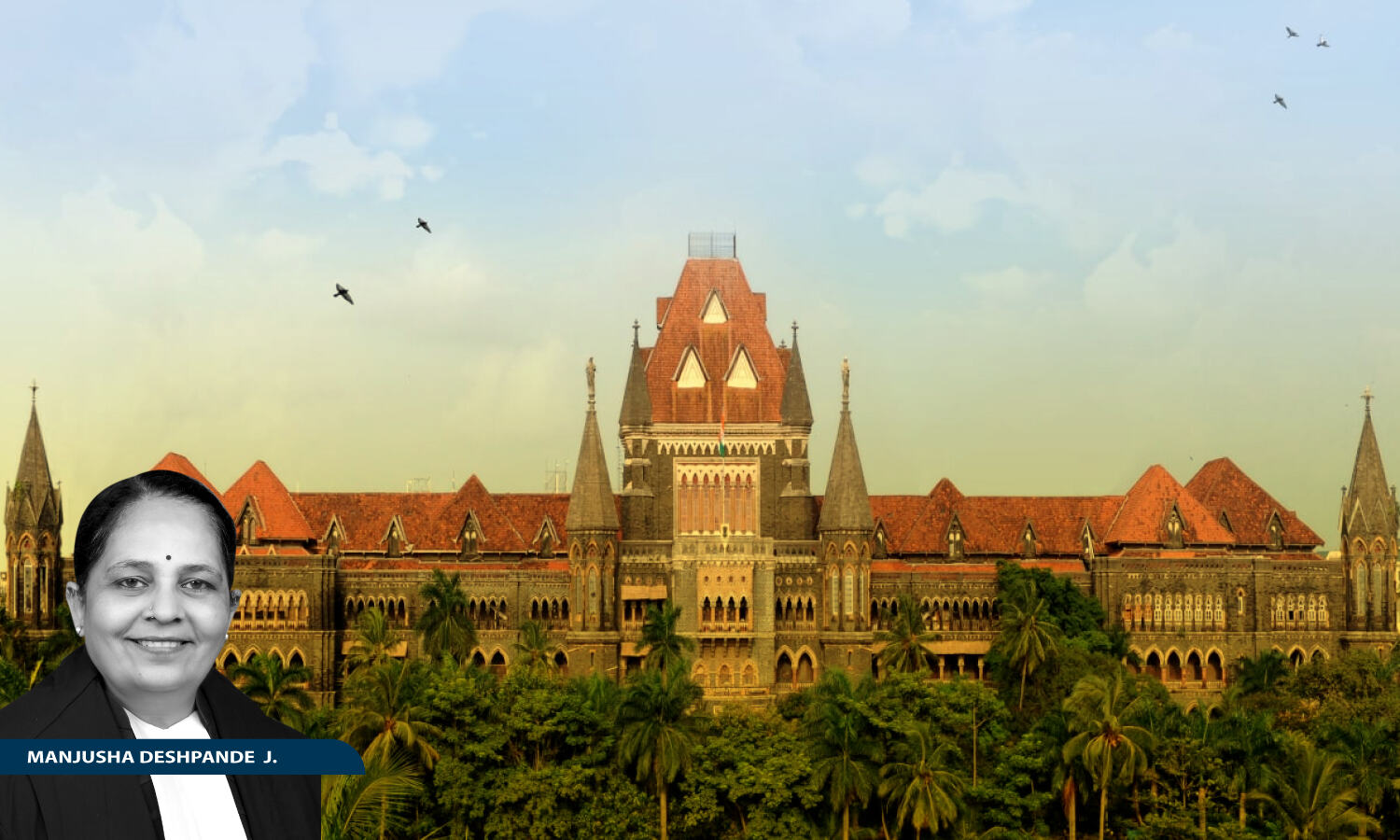Bombay High Court Dismisses Wife’s Plea Seeking Protection Under Domestic Violence Act

The Bombay High Court dismissed a woman’s petition seeking protection against alienation of an under-construction flat and a direction to her estranged husband or his employer to pay outstanding EMIs on the property, ruling that no relief can be granted under Section 19(d) and 19(e) of the Protection of Women from Domestic Violence Act, 2005 in relation to a premises that was never occupied and remains incomplete.
A Single Bench Justice Manjusha Deshpande observed, “The prayer made by the Petitioner would not be maintainable since the property/flat, is still under construction and not in possession of either of the parties, therefore, it would not fall within the purview of ‘Shared Household’, as defined under Section 2(s) of the DV Act.”
The Court added, “The Protection of Women from Domestic Violence Act, 2005, is a social welfare legislation intended to provide protection to victims of domestic violence and abuse occurring within the family…The victim’s right of residence is covered under Section 19 of the DV Act, but the kind of relief claimed by the Petitioner, unfortunately does not fit under any of the reliefs provided under Section 19 of the DV Act.”
Advocate Archit Jaykar appeared for the Petitioner, while Additional Public Prosecutor Dhanlakshmi S. Krishnayar represented the Respondents.
Brief Facts
The Petitioner, who had filed a domestic violence complaint under Section 12 of the DV Act against her husband, Respondent No.2, had sought relief under Sections 19(d) and (e), including, a direction to the husband or his employer to pay the remaining instalments of a ₹3.52 crore flat jointly booked Mumbai, and a restraining order preventing the alienation of the property.
According to the Petitioner, she and Respondent No.2 had jointly booked the property in 2018, which was to become their matrimonial home. She alleged that Respondent No.2 resumed an adulterous relationship in the United States in 2020, after which he ceased financial support and stopped paying rent for their temporary rented accommodation in Mumbai.
The Petitioner claimed she was forced to vacate the rented house due to non-payment, and although she had been granted interim maintenance of ₹45,000/month in 2023, Respondent No.2 had failed to comply. The EMIs for the under-construction flat remained unpaid. The Petitioner prayed that Respondent No.2 be compelled to fulfil the loan obligations or the bank be directed to recover the same through deductions from his salary.
The Metropolitan Magistrate had declined to grant her relief under Section 19(d) and (e), observing that the flat had not been occupied and was still under construction. However, the Respondent No.2 was restrained from creating third-party rights in the flat. This order was affirmed by the Sessions Court. Aggrieved, the Petitioner approached the High Court.
Reasoning of the Court
The High Court noted the statutory framework under the DV Act and reiterated that Section 2(s) defines “shared household” as a household where the aggrieved person lives or has lived at any stage in a domestic relationship.
The Court observed, “None of the parties are occupying the said premises, they have never ever resided in that flat/house, nor do they intend to live. More so, on the background of the fact that the Respondent has already initiated divorce proceedings against the Petitioner in 2020 itself.”
The Bench further noted that Section 19(d) and (e) apply only where the aggrieved person is residing or has resided in an existing and occupied premises, which was not the case here.
The Court explained, “In the present case, the flat which is booked by the Respondent is claimed to be the “Shared Household” by the Petitioner. The right of the aggrieved person is essentially based on the right to live in a household which is in existence. The protection provided under Section 19 of DV Act is a protection, from being evicted from the “Shared Household”, which aggrieved person has a right to reside under the DV Act… The provision is intended to secure shelter to an aggrieved person, who has proved domestic violence, from being rendered without shelter. Both the provisions i.e. Sub – Section (d) and (e) of Section 19 of the DV Act ensures, continued residence of the aggrieved person in the premises, that is in existence and occupied by a person aggrieved.”
Noting that the flat was still under construction, the Court observed, “In the present case, the possession of the alleged ‘Shared Household’ is not yet handed over, the installments are still not fully paid. In the circumstances, it would be stretching it too far to direct the Respondent to pay the remaining installments or direct the employer to deduct the installments from his salary and pay it to the Bank.”
The Court reiterated that the Protection of Women from Domestic Violence Act, 2005, is a social welfare legislation intended to protect victims of domestic violence and abuse occurring within the family.
The Court held, “The prayer made by the Petitioner would not be maintainable since the property/flat, is still under construction and not in possession of either of the parties, therefore, it would not fall within the purview of “Shared Household”, as defined under Section 2(s) of the DV Act.”
Finding no error or perversity in the findings of the Magistrate and Sessions Court, the Court refused to interfere and accordingly dismissed the petition.
Cause Title: Srinwati Mukherji v. State of Maharashtra & Ors. (Neutral Citation: 2025: BHC-Aas: 26973)
Appearance:
Petitioner: Advocates Archit JayKar, Bhoomi upadhyay
Respondents: Additional Public Prosecutor dhanlakshmi krishnaiyar; Advocates raghavendra S. Mehrotra, Irfan Shaikh, Maddhat Shaikh, Mohini Tekale

